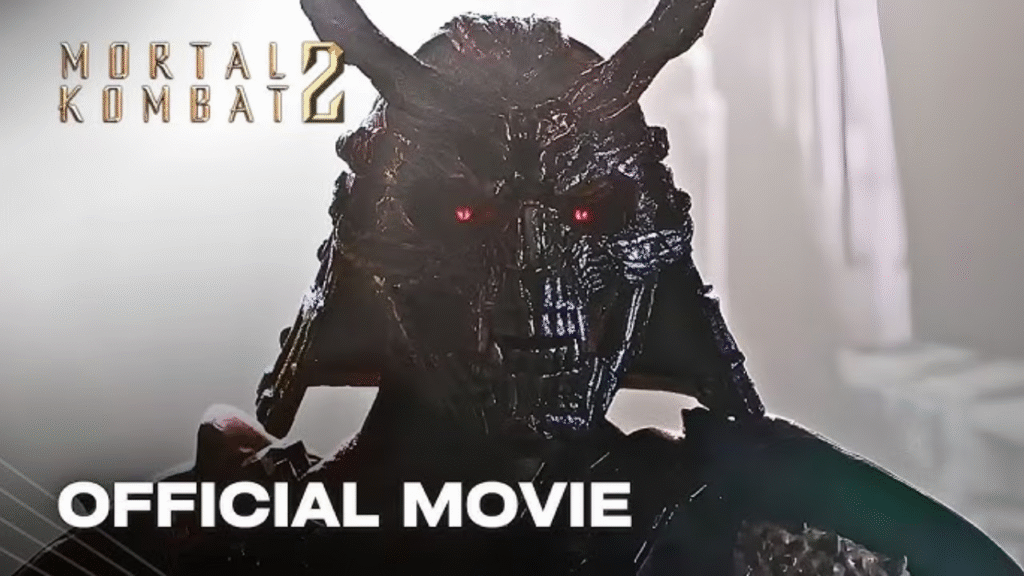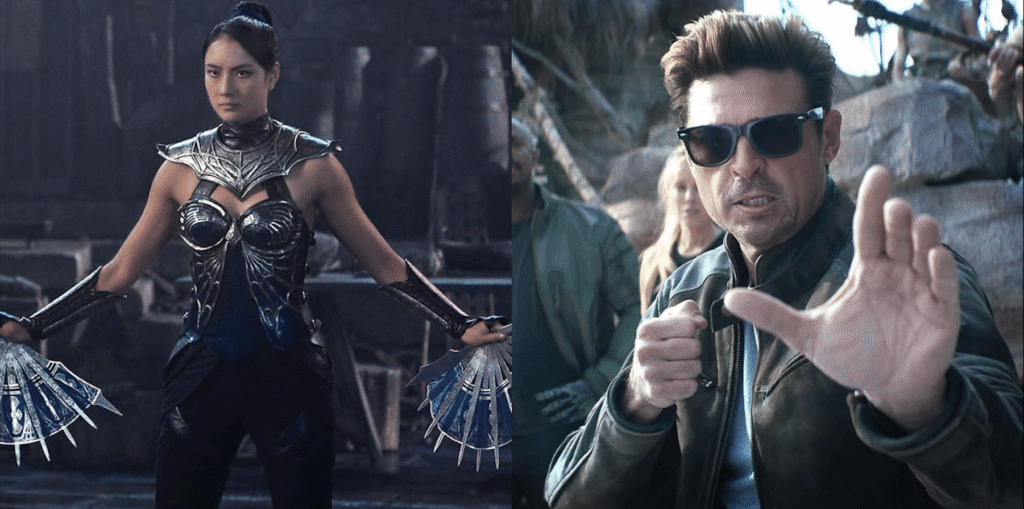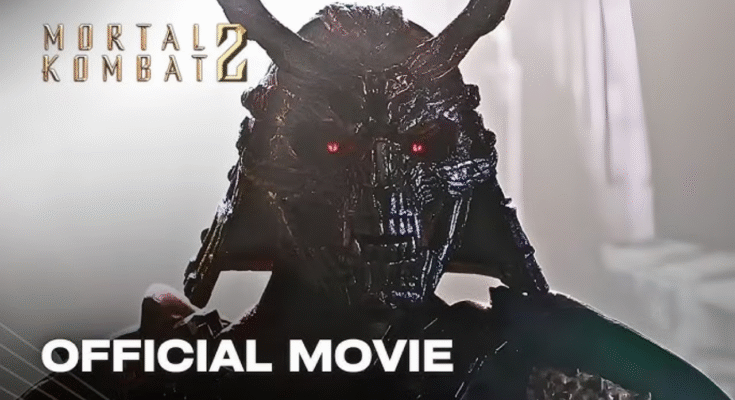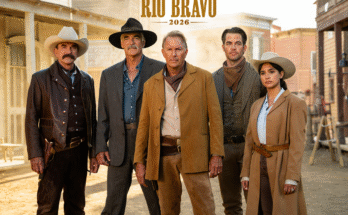The blood hasn’t dried. The bodies haven’t cooled. But the tournament is over — and what follows is war. Mortal Kombat 2 is not content to repeat the brutal success of its predecessor. Instead, it escalates in every way: bigger battles, darker turns, and a war that rewrites the rules of life, death, and vengeance.

The story picks up mere moments after Shang Tsung’s fall — but peace is a fleeting illusion. Shao Kahn, played with monstrous gravitas, storms into the narrative with no patience for diplomacy. In his eyes, the Mortal Kombat tournament was a formality — and now, it’s time for total conquest. With the veil between realms thinning, his invasion tears across Earthrealm like wildfire, dragging heroes and villains alike into a war no one is ready for.
Liu Kang, now transformed by the divine power of the Elder Gods, stands at the heart of the storm. He’s not just a champion now — he’s a chosen one burdened with cosmic responsibility. His character evolves with unexpected maturity and moral tension; what does it mean to be a god in a world that rewards brutality over balance?

To stand against the darkness, Liu Kang assembles a new team — and here’s where the film truly ignites. Kitana’s blade dances with vengeance and elegance. Kung Lao returns from the dead, reborn in purpose. Johnny Cage finally enters the arena, bringing charisma, ego, and surprisingly grounded heroism. And Sub-Zero, haunted by his brother’s death, now wields his cryomancer legacy with cold precision — unaware that Noob Saibot, the shadow of his past, has returned to claim more than revenge.
The film’s antagonists bring a fearsome intensity. Baraka rips through flesh and steel with unrelenting savagery. Sindel redefines what it means to be deadly and divine. Quan Chi slithers through dreams and memories, twisting minds as easily as he bends souls. But it’s Noob Saibot who steals the screen — a spectral assassin born of death and betrayal, whose silent menace and brutal techniques raise the bar for MK villains.
Director Simon McQuoid balances the chaos with cinematic finesse. Every fight is a masterclass in choreography, brutality, and visual storytelling. From lava-soaked arenas to celestial temples torn by magic, the film doesn’t just deliver action — it weaponizes it. Fatalities are back and bloodier than ever, but what’s most impressive is how every blow has meaning. These aren’t just matches — they’re emotional culminations, clashes of history and destiny.

Thematically, the film delves deeper into legacy and consequence. Liu Kang’s godhood isolates him. Kitana must confront her lineage as the daughter of Sindel. Johnny Cage finds that fame means nothing in a realm of monsters. Even villains wrestle with twisted versions of honor, betrayal, and the hunger for control. Mortal Kombat has always been about violence — but Mortal Kombat 2 asks what’s left of you after the fight.
Visually, it’s a feast of grit and grandeur. The Outworld is rendered with mythic scale and surreal horror. The Netherrealm pulses with crimson fog and fractured souls. Earthrealm — bruised but unbroken — becomes a desperate battleground. The cinematography leans into chiaroscuro extremes: fire and frost, shadow and starlight, flesh and steel.
And then there’s the score — thunderous drums, metallic roars, and the iconic MK theme reimagined with choral fury. It doesn’t just accompany the action — it compels it.
The film’s final act erupts into a multistage battle that feels like an apocalypse — gods falling, dimensions bleeding, betrayal unfolding with every broken bone. And just when it seems Liu Kang has triumphed, the screen twists with a revelation so devastating, it sets the stage for Mortal Kombat 3 with a roar of disbelief.
Mortal Kombat 2 isn’t just a sequel. It’s a declaration — that this saga has only begun to flex its potential. It’s fearless, ferocious, and unrelenting.
The realms are at war. The rules are dead. And only one truth remains: It ends in blood.




